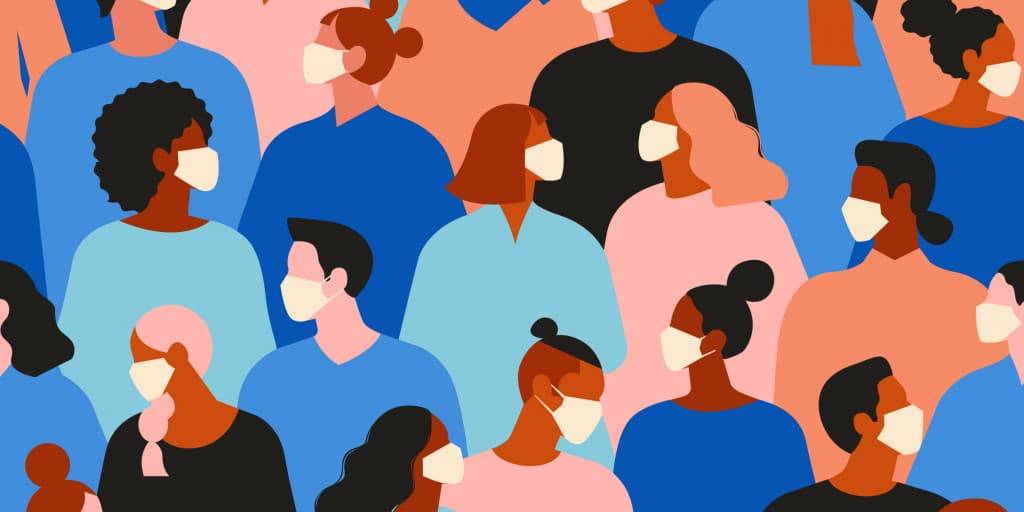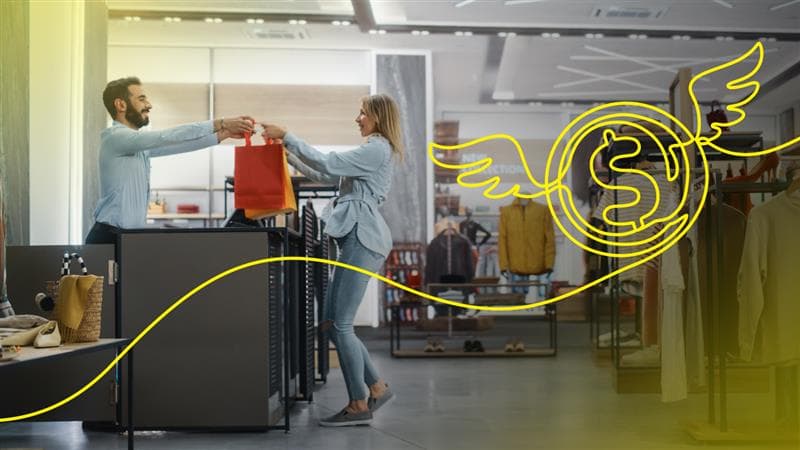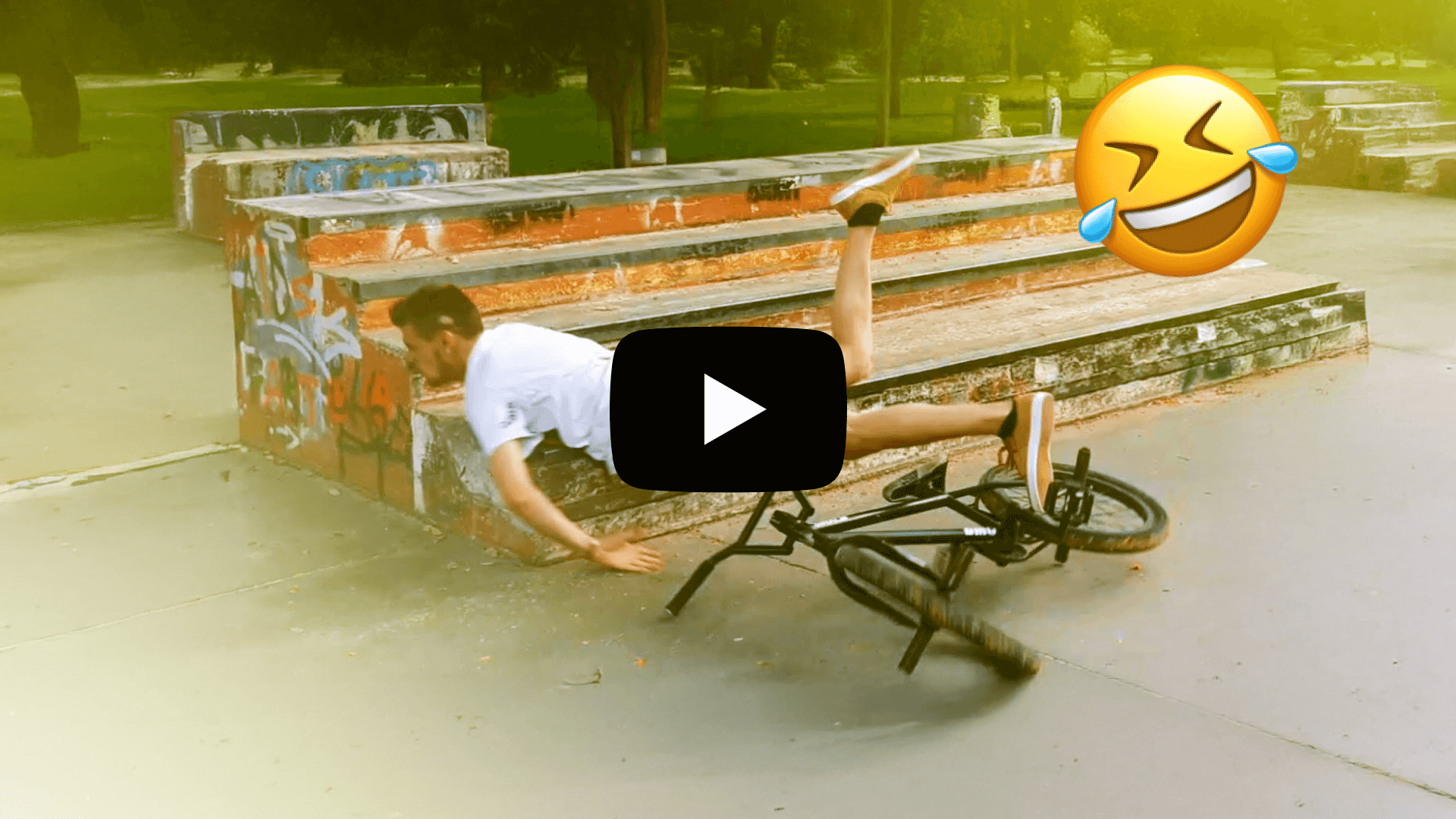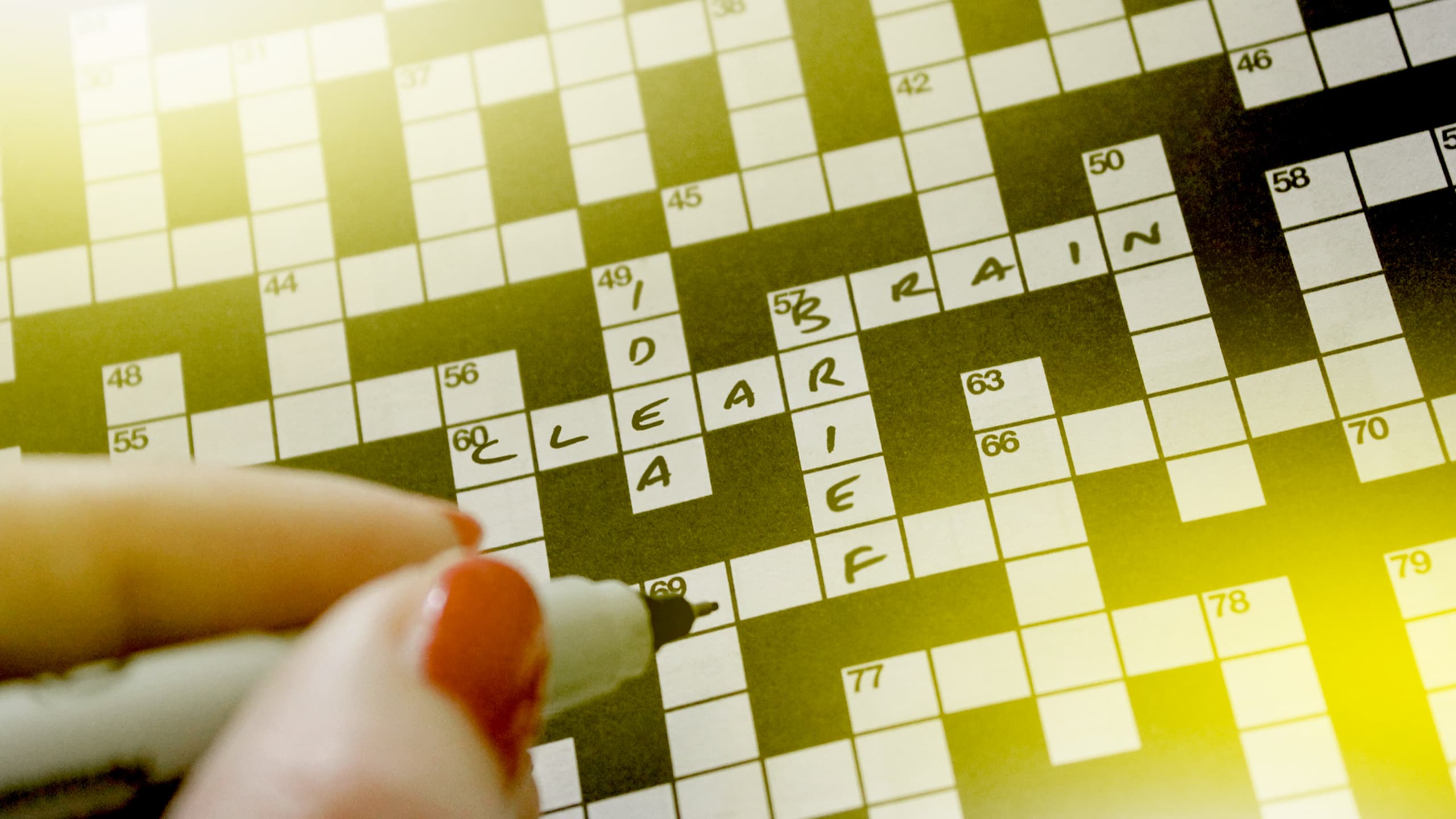
Ross Gittins published an excellent perspective of the coronavirus panic or hysteria gripping Australia’s shopping aisles on Tuesday.
From a psychological point of view, there’s a few things going on:
People are very bad at assessing the relative threat of risks and tend to give more weight to threats that are emotional or terrifying than ones that are more mundane. As quoted by Gittins, in the US at the height of the SARS epidemic, 16% of respondents thought they or their family were likely to be infected. The actual infection rate was 0.0026%. We were magnitudes of probability off, as we can see.

Social signalling and scarcity are two well-known behavioural heuristics, and both are behind the recent Kleenex crisis. It’s impossible to say where the runs on toilet paper started, but, like a snowball, as more reports of aisles being cleaned of toilet paper came out, the more shops were raided for the stuff. In response to the mania, Woolworths placed a cap on the amount of toilet paper each customer can buy. However, we’ve seen studies where placing a purchase cap on products can increase the amount that people will buy. Woolworths might have inadvertently legitimised hoarding behaviour by suggesting that toilet paper is in high demand and could become scarce.
On a broader scale, the same principles apply to reports of people steering clear from cafes, bars, and Chinese restaurants. These can put people into panic mode and prompt a decision to stay away from them. Unfortunately, there are restaurants that are seeing up to 50% declines in turnover. In an industry with already thin margins like hospitality, this scenario is not sustainable for very long.
In times like this, it’s good to take a deep breath, relax, and ask the important questions like “What is my actual risk of infection?” and “How likely am I to suffer ill effects from the coronavirus?”, and most importantly, “If I was quarantined for 14 days, would I really need 48 rolls of toilet paper?”








